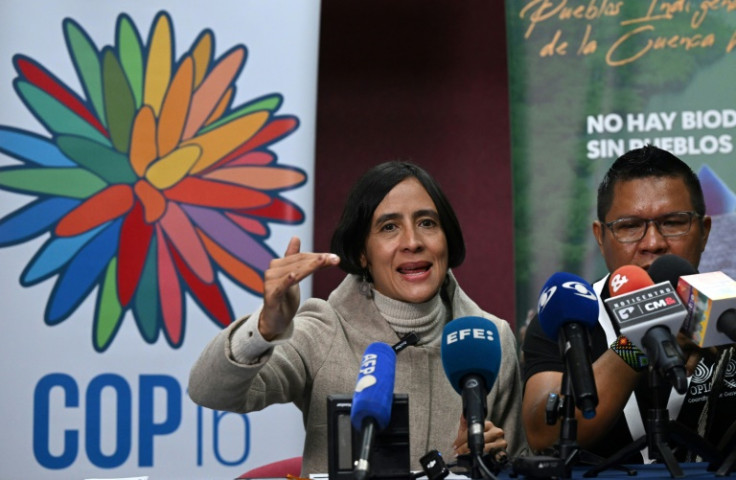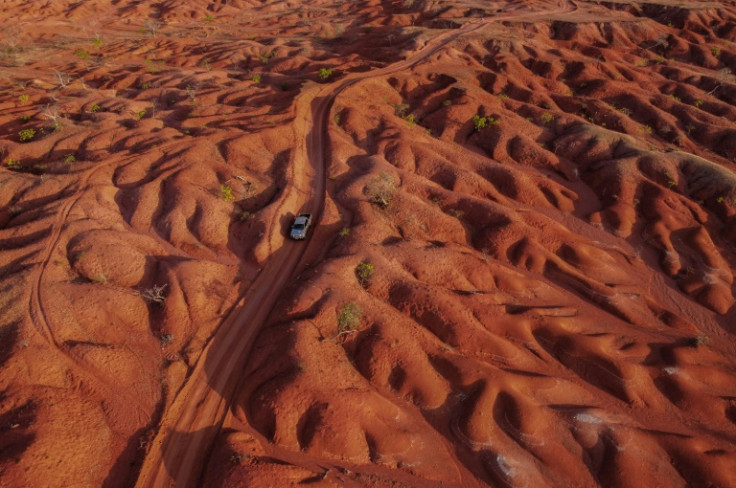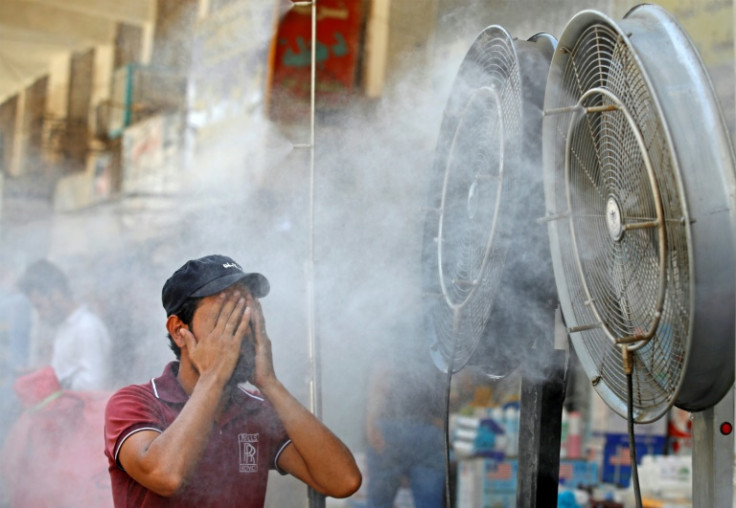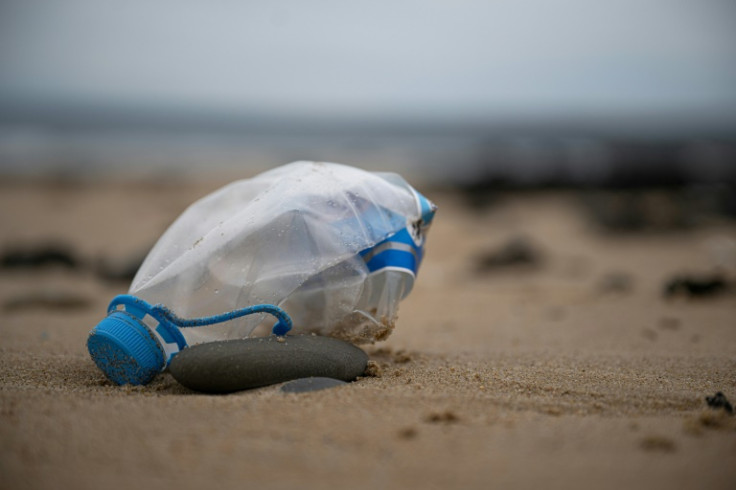
Global warming. Disappearing plant and animal species. Fertile land turning to desert. Plastic in the oceans, on land, and the air we breathe.
These urgent environmental challenges will be in the spotlight over the next few months as the United Nations hosts four major sessions to address key threats to the planet.
First up is a "Conference of the Parties" -- a COP -- dedicated to biodiversity being held in Cali, Colombia, from October 21 to November 1.
These are called every two years to debate how the world can cooperate to better protect the rich variety of plant and animal life in the natural world.
The COP16 isn't expected to break new ground but is more a stocktake of progress since the last summit secured historic assurances for biodiversity.
In 2022 in Montreal, nations agreed to place 30 percent of the planet under environmental protection by 2030 in a landmark pact aimed at arresting biodiversity loss and restoring ecosystems to health.
In Cali, countries will put forward national strategies to meet this global objective, and observers hope Colombia as host will provide a model for others to follow.
WWF has commended the leadership shown so far by Colombia, which hosts close to 10 percent of Earth's biodiversity, including countless bird, butterfly, and orchid species.
The world's most important conference on climate change is this year being hosted by Azerbaijan, a former Soviet republic heavily dependent on oil and gas exports, from November 11 to 22.
While the last summit in Dubai in 2023 delivered a historic commitment to transition the world away from fossil fuels, supporting poorer countries with climate change will top this year's agenda.
The summit, known as COP29, is expected to land a new agreement on "climate finance": money from rich nations most responsible for global warming to developing countries vulnerable to climate change.
There isn't an agreed figure yet, or even consensus on where the money should come from, who should receive it, and what form it could take.
But developing countries are pushing for much more than the $100 billion pledged in 2009. This was only reached for the first time in full in 2022.
"COP29 offers an opportunity to unlock more climate investments from a wider range of public and private sources and to improve the quality of this finance," said the World Resources Institute, a US think tank.
The result of the US election, just six days before COP29 begins, could throw a last-minute curveball into the final negotiations, which have proved divisive so far.
It also remains to be seen how many world leaders travel to Baku, the capital on the Caspian Sea, with some expected to focus their energy on COP30 in Brazil next year.
The least high profile of the three COPs, this session in Saudi Arabia addressing the loss of fertile land to desert is nonetheless critical.
Climate variation like droughts and human activities like overgrazing can result in desertification, a process mainly in dry areas where land degrades and becomes unproductive.
Experts hope the COP16 on desertification, scheduled to take place in Riyadh from December 2 to 13, can act as a turning point in addressing this problem.
"Discussions will focus on ways to restore 1.5 billion hectares of land by 2030, as well as putting in place agreements to manage the droughts that are already affecting many regions of the globe," said Arona Diedhiou from the French National Research Institute for Sustainable Development.
In 2022, some 175 nations agreed to fast-track negotiations toward a world-first treaty on plastic pollution, and the final session gets underway on November 25 in South Korea.
The treaty aims to marshal an international response to the plastic trash choking the environment, from oceans and rivers to mountains and sea ice.
Some nations want the treaty to restrict how much plastic can be made while others -- particularly oil and gas producing countries that provide the raw materials to make plastic -- want a focus on recycling.
Hellen Kahaso Dena, head of Greenpeace's Pan-African Plastics Project, hopes that countries "will agree on a treaty that prioritises reducing plastic production".
"There is no time to waste with approaches that will not solve the problem," the activist told AFP.










